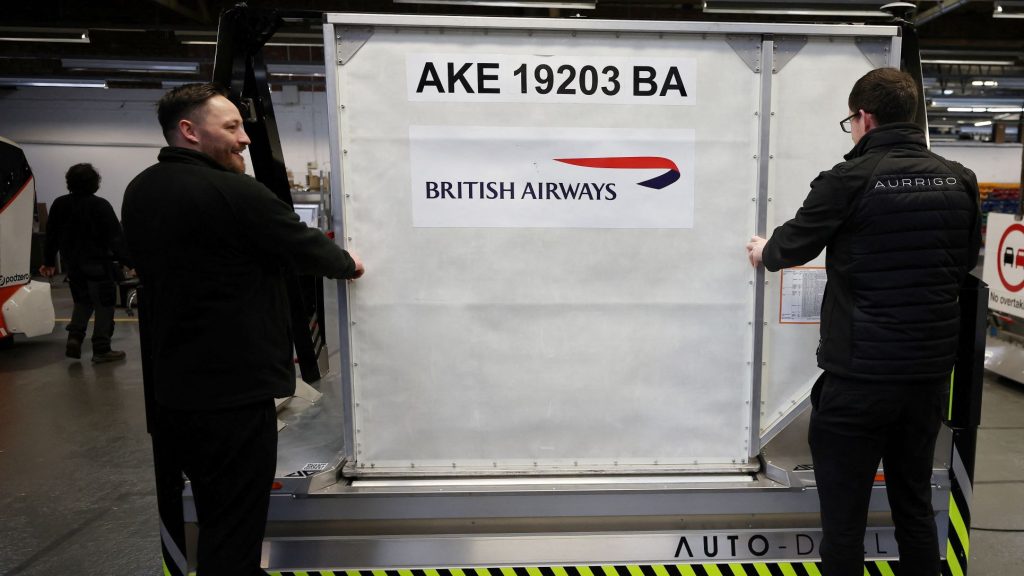Slow Roll Brings Aurrigo To Self-Driving Airport Baggage Dollies

UK auto supplier Aurrigo International Plc made a conscious decision nearly a decade ago to develop slow-moving autonomous vehicles (AVs) in order to conserve cash, which has led to a focus on automating baggage dollies for loading planes at airports.
“We decided on day one we couldn’t make something that would travel at 70 miles an hour and go everywhere,” said David Keene, chief executive of Aurrigo, which is based in Coventry, part of England’s automotive heartland. “We just didn’t have the capital because we thought that would take billions.”
Aurrigo has a traditional auto business providing everything from wiring systems and center consoles to exterior trim or key fobs to Volkswagen AG luxury unit Bentley, Tata unit Jaguar Land Rover and Aston Martin. Those vehicles are at the opposite end of the spectrum from Aurrigo’s AVs, which in some cases travel at “only just above walking speed,” Keene said.
Aurrigo has developed a four-seater “auto pod” with no steering wheel or pedals for slow non-road routes such as on university campuses.
The company has also designed the “Auto-Dolly” and “Auto-DollyTug” for airports and is working with Singapore’s Changi Airport, its lead customer, to automate baggage handling.
Each dolly can carry a standardized container holding about 40 bags and Aurrigo is doing tests unloading and loading a dummy plane at its own fenced-off gate at Changi.
By the end of 2023, the dollies will be assigned a real plane to load and unload, adding more planes in 2024 and 2025. By 2027, Keene said AVs will handle baggage at a whole terminal and all of Changi’s planes will be loaded and unloaded by AVs by the end of the decade.
AV startups have struggled with developing truly self-driving vehicles for the roads because such vehicles cannot react as quickly as humans to unexpected events. As a result, investors have soured on many of them.
But Aurrigo’s CEO said airports provide the perfect environment because all vehicles travel at low speeds.
“Everything is highly regulated so you know exactly where the vehicles can go and where they can’t go,” Keene said. “For the technology maturity right now, it’s a place where you can operate AVs; whereas out on the road it’s a bit like the Wild West.”
Aurrigo is currently talking to 80 airports about following Changi’s lead and Keene said the typical airport will need between 300 and 500 dollies.
Aurrigo went public last September to help fund its shift into the aviation industry and its stock is up 30% over its debut.
The IPO raised only 8 million pounds ($10 million), but Keene said that should pay for the rollout of airport dolly AVs.
“We’ve got the credibility now and if we need extra capital or we land more contracts, then we’re in a great position to go back and say we need to raise more money,” he said.
(Reporting by Nick Carey in Coventry, England; Editing by Matthew Lewis)




